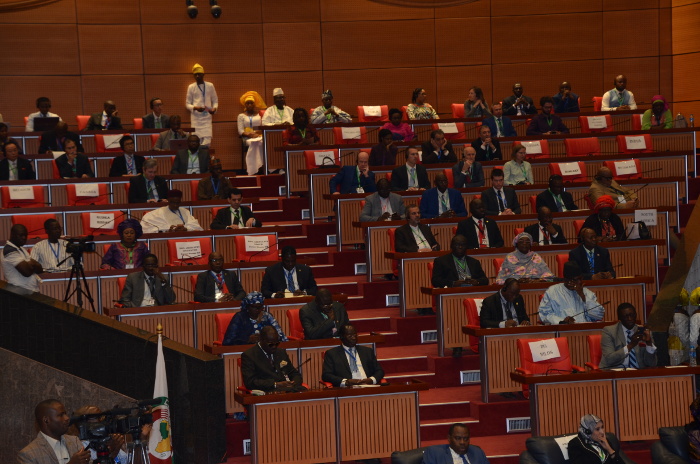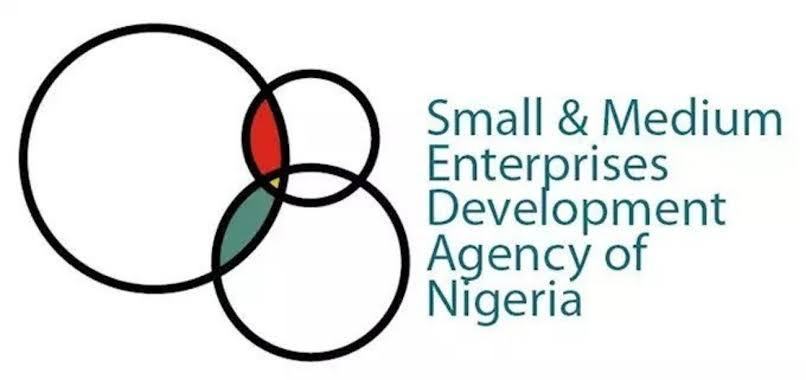
ECOWAS has launched its 15 components of Conflict Prevention Framework (ECPF) and seeking $100 million for the implementation.
The sub-regional bloc said that the conflict prevention framework was aimed at promoting regional peace, security and economic development.
The Framework (ECPF) which was officially launched in Abuja on Monday, captured human rights, rule of law, media, cross border initiatives, natural resource governance, youth empowerment, women, peace and security, ECOWAS standby force, humanitarian assistance, among others.
The document presentation on ECPF Action Plans by Mr Constant Gnacadja, Programme Officer, Conflict Prevention, ECOWAS Commission stated that the action plans were developed in 2012 for the period of 2013 to 2017.
“There is limited implementation of the first Action Plan due to political instability, limited funding, lack of internal support and the Ebola epidemic.
“In late 2017, the commission, in collaboration with the European Union Support to ECOWAS Regional Peace and Security and Stability (EU-ECOWAS PSS) decided to produce action plans that would cover the 15 ECPF components for a three-year period, 2018 to 2020.”
Gnacadja, in his presentation, said that the action plans were developed through a consultative exercise involving the validation of representatives of ECOWAS directorates, member states and civil society.
He explained that each action plan comprised a general description of ECPF component and a log frame outlining the main objectives, expected results, outputs, activities and an estimated budget.
Gen. Francis Behanzin, ECOWAS Commissioner for Political Affairs, Peace and Security said that ECPF was adopted to facilitate the Protocol on the Mechanism for Conflict Prevention, Management, Resolution, Peacekeeping and Security of Dec. 1999.
Behanzin said the ECPF would serve as a guiding reference for member states in their efforts to strengthening human security in the region.
“This idea of a peaceful, progressive and prosperous region has been the main motivation of the ECOWAS Mediation and Security Council when it was adopted, in 2008, the ECPF.
“The council realises that to achieve this idea, conflict prevention should not only become a core responsibility of the commission but also member states and governments directly affected by conflicts.
“It is also the responsibility of the citizens as activists of civil society and the international community. Our goal here today is to take responsibility for its success by mobilising resources for their implementation.
“We are convinced that together, we can ensure that the Commission has sufficient technical and financial resources to implement the action plans by 2020,” he said.
In his keynote speech, Amb. Ketil Karlsen, Head of EU Delegation to Nigeria and ECOWAS, described ECPF as a wide-ranging and effective conflict prevention and peace-building mechanism.
Karlsen urged ECOWAS to leverage on its capacity to attract the resources required for implementation from partners and other stakeholders.
The EU ambassador also announced a new project aimed at supporting the prevention and the management of conflict and security threats in West Africa.
“Let me take the opportunity to inform this gathering of an upcoming new EU, which is the ECOWAS peace and security architecture and operations programme within the context of the 11th European Development Fund.
“This programme will be implemented from 2019 to 2023 in partnership with the GIZ-ECOWAS Support programme and it aims to supporting ECOWAS in the prevention and the management of conflicts and security threats in West Africa,” he said.
He said that the framework of ECPF action plans would continue to be critical to the successful implementation of the new programme.
In his message of goodwill, the Ambassador of Denmark to Nigeria, Amb. Jesper Kamp, reiterated his government’s support for ECOWAS and the ECPF in particular.
Kemp said that the Danish Government had funded the ECPF secretariat as well as the Mediation Facilitation Division as part of its Africa Programme for Peace.
He said: “It ensures activities are developed with the overall goals of the organisation; it ensures transparency on the budgets needed to obtain these goals.”












